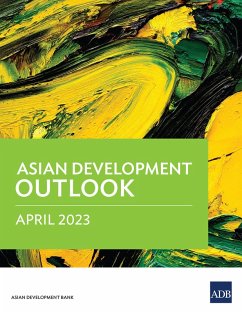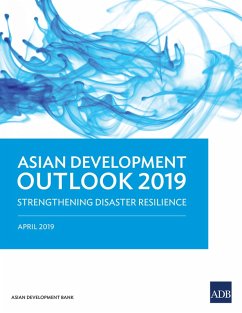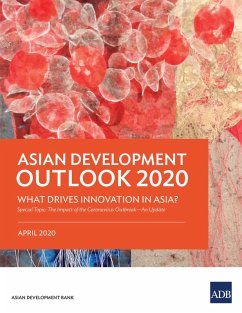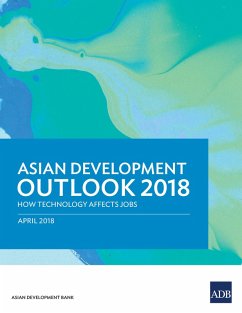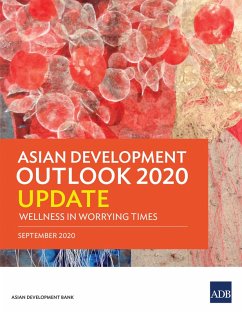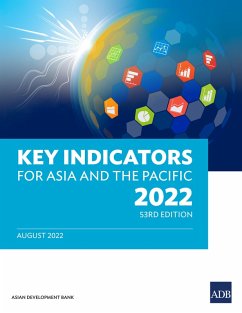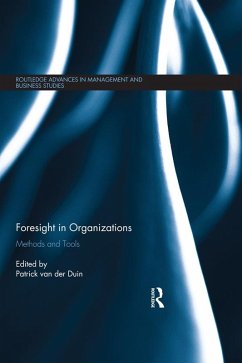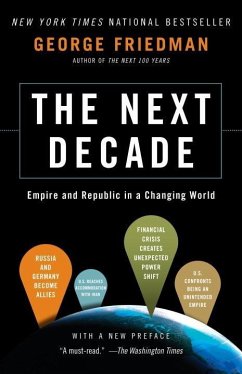
Asian Development Outlook 2022 (eBook, ePUB)
Mobilizing Taxes for Development
Versandkostenfrei!
Sofort per Download lieferbar
3,99 €
inkl. MwSt.
Weitere Ausgaben:

PAYBACK Punkte
2 °P sammeln!
Developing Asia faces greater uncertainty from the Russian invasion of Ukraine even as the region continues to contend with COVID-19 outbreaks. The war has sent shockwaves across financial and commodity markets. The highly transmissible Omicron variant has fueled a sharp rise in cases in the region, though its less severe health impact, coupled with increased immunity, has allowed economies to remain relatively open. As such, growth in the region is forecast to remain strong, supported by recovering domestic demand. The Russian invasion of Ukraine, aggressive monetary policy tightening in the ...
Developing Asia faces greater uncertainty from the Russian invasion of Ukraine even as the region continues to contend with COVID-19 outbreaks. The war has sent shockwaves across financial and commodity markets. The highly transmissible Omicron variant has fueled a sharp rise in cases in the region, though its less severe health impact, coupled with increased immunity, has allowed economies to remain relatively open. As such, growth in the region is forecast to remain strong, supported by recovering domestic demand. The Russian invasion of Ukraine, aggressive monetary policy tightening in the US, and renewed COVID-19 outbreaks pose near-term risks to the outlook, alongside medium-term risks such as rising inequality due to school closures. Fiscal resources are needed to aid recovery and support sustainable development. But deficits and debt expanded substantially during the pandemic. Mobilizing taxes and optimizing tax incentives needs to be combined with improved spending efficiency to help developing Asia achieve its development objectives.
Dieser Download kann aus rechtlichen Gründen nur mit Rechnungsadresse in A, D ausgeliefert werden.





